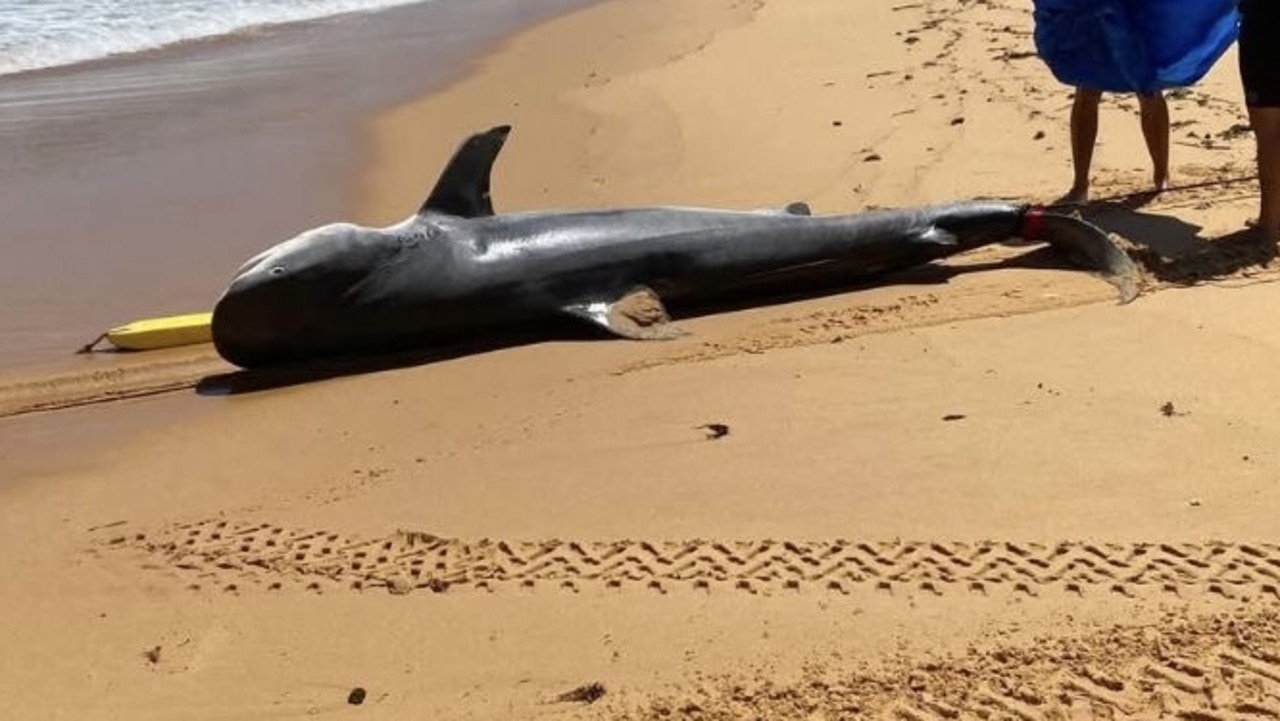Bupa, AHSA patients warned of surgery delays and rising bills after shock Healthscope move
More than 6 million Australians are staring down the barrel at higher private hospital bills and longer wait times after a shock industry move.
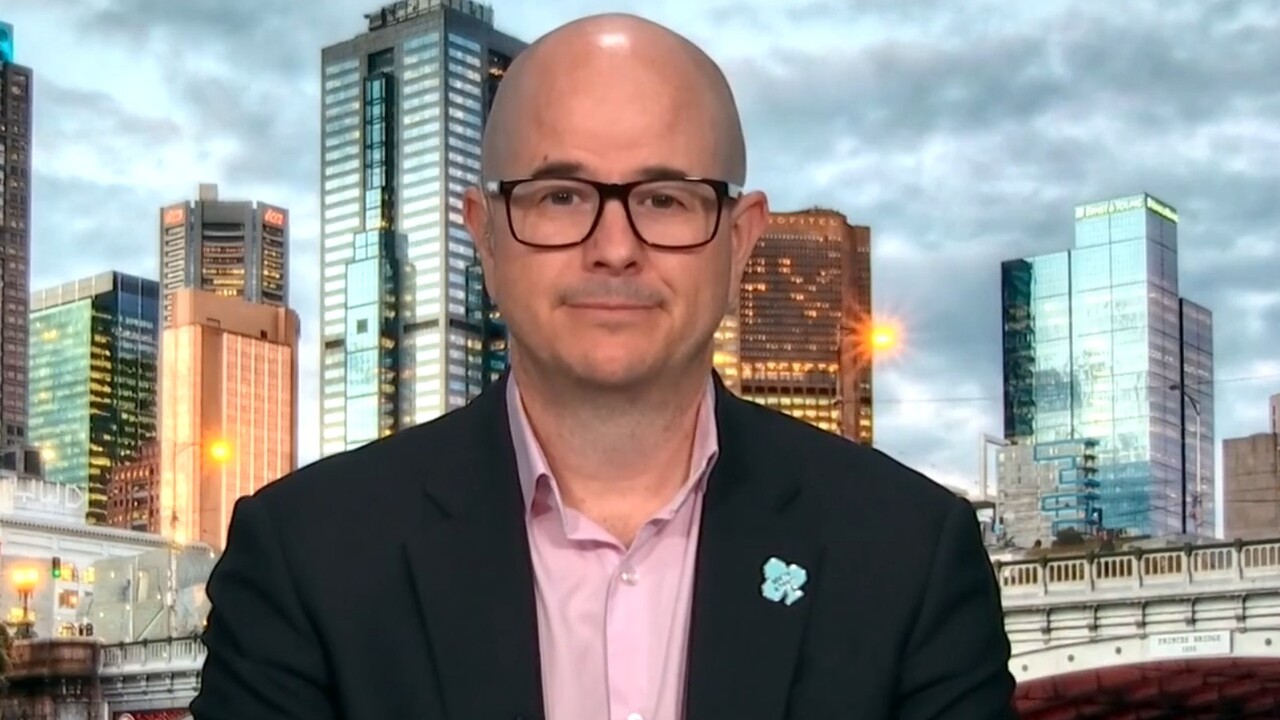
NSW
Don't miss out on the headlines from NSW. Followed categories will be added to My News.
Australians are being “held for ransom” in a war between health insurers and a heavyweight private hospital firm, with 6.5 million patients entering 2025 with the risk of delayed surgeries and higher out-of-pocket costs.
Patients are being told to reschedule surgeries at different hospitals as the state government urgently investigates the impact of the disruption on the healthcare system.
Private hospital provider Healthscope, which is owned by a Canadian investment firm, and insurers Bupa and Australian Health Services Alliance are accusing each other of ripping off Australians after negotiations broke down over the cost of private healthcare.
Healthscope was demanding Bupa and AHSA pay a fee to make private hospitals more viable – something both insurers refused.
The Australian Medical Association said it has “grave” concerns for patients who will not be able to access 38 private hospitals across the country from February after Healthscope tore up contracts between the two.
Healthscope runs 13 hospitals in NSW alone.
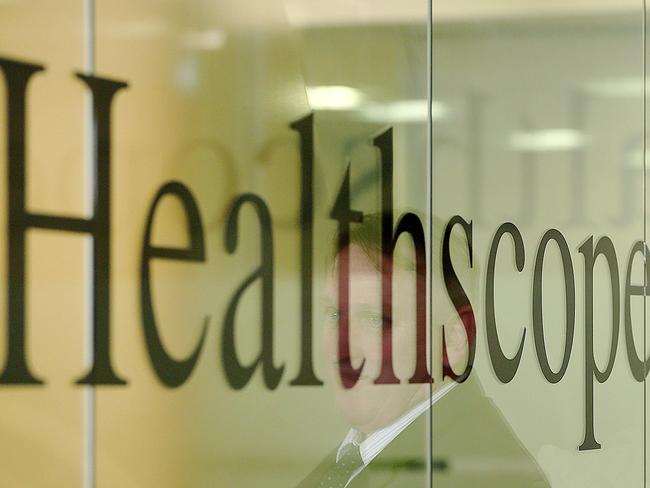
The only exceptions will be for patients undergoing chemotherapy, expectant mothers booked in for their deliveries, or those who have ongoing treatment that has already started.
Bupa has urged patients to speak to their doctors and see if they can undertake their planned procedures at nearby private hospitals that are outside of the Healthscope network.
Health Minister Mark Butler said Australians had been put “in an invidious position” by two major players in the health industry.
Mr Butler told both sides to “get back to the table and fix this thing”, but said it was not the job of the government to play referee.
“We don’t involve ourselves in the usual course in commercial negotiations, in health or in other parts of government,” he said.
“I completely understand a sense of shock and a sense of frustration from people who have put their hard-earned money into a system that, frankly, serves the interests of some very big commercial operators, often owned by entities from overseas.”
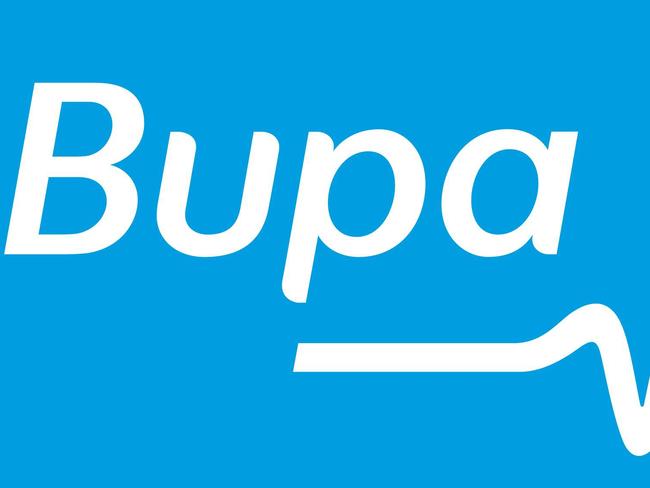
Australian Medical Association NSW President Dr Danielle McMullen said Australians were “innocent bystanders” who would suffer.
“This places doctors in difficult positions as their patients start asking them for advice on switching funds — but our focus as a profession is on providing the best possible clinical care, not becoming de facto financial advisers,” she said.
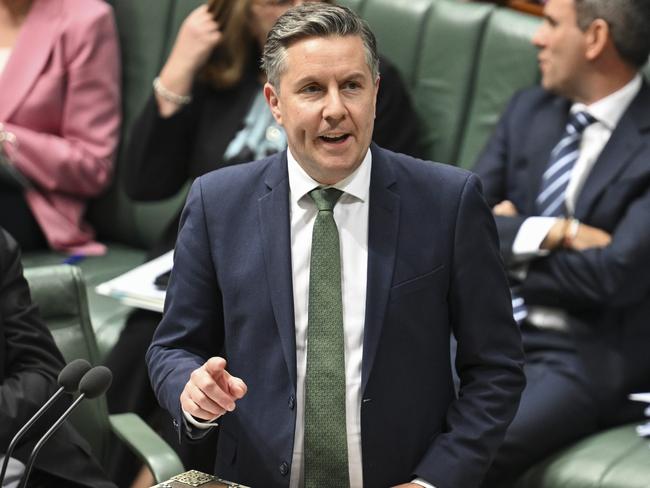
The AMA is calling for the Albanese government to create an independent watchdog to resolve these disputes and make sure the private healthcare system works for patients.
Advocacy group Australian Patients Association spokesman David Clarke said Australia had lost “control over the healthcare system”.
“This is disadvantageous to tens of thousands of customers, potentially hundreds of thousands of Australians, without them having any say in the matter,” he said.
Australian Patients Association ambassador and famed physician Dr Nick Coatsworth added that it was unacceptable that Australians would be rejected from cover because of who their provider was.
“How can we possibly operate a private system if the hospital can turn around and say ‘we are going to charge you more because of what you are insured with?’,” he said.
“This has undermined the confidence in the private sector at a time we need that to be high.”
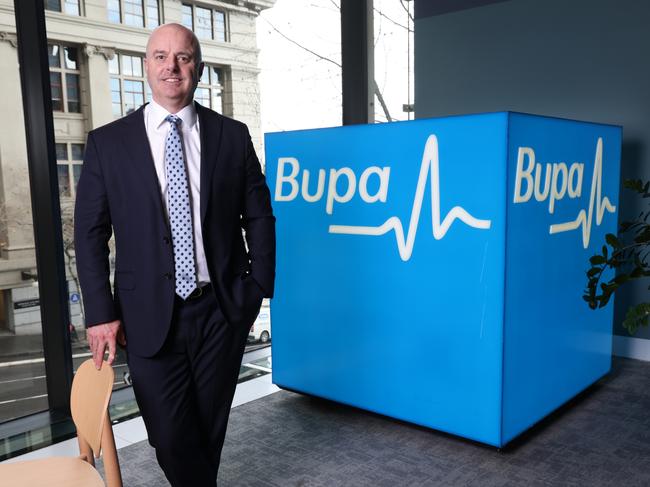
Insurer peak body Private Health Australia chief executive Dr Rachel David said Healthscope was holding “patients to random”.
“This is not an ideal situation, but the funds will not permit their members to be disadvantaged because of the bully boy,” she said.
She raised concerns that without contracts in place Healthscope could charge patients “whatever it likes” and “we have to assume it’s a large amount of money”.
But Healthscope returned fire, accusing private insurers of “greed”.
“In order for us to remain viable, we are left with no choice but to terminate the contracts,” chief executive Greg Horan said.
“Bupa and the AHSA’s action will mean their members may now pay even more to be treated in a Healthscope hospital, potentially in the hundreds of dollars or more.”
Bupa chief executive Nick Stone said the company was “shocked” by the decision.
“We acknowledge Brookfield, Healthscope’s Canadian private equity owners may have
additional considerations to ensure the viability of their business in Australia,” Mr Stone said.
Do you have a story tip? Email angira.bharadwaj@news.com.au





